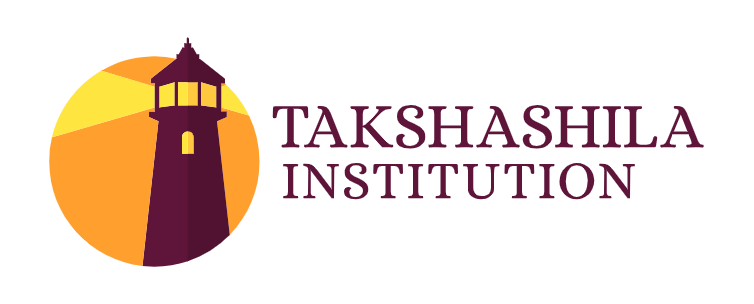GCPP: Technology and Policy
Technology is no longer just a tool; it's at the centre of national power, economic growth, and societal change. This raises important questions for all of us:
What will it take to strengthen India's own research and development ecosystem?
How can we build technology responsibly and anticipate its unintended consequences?
Why are technology and national power increasingly part of the same conversation?
This programme is designed to enable participants to answer such questions. It equips technologists, lawyers, civil society, and policymakers with the knowledge and skills to understand the economics of tech platforms, navigate the political economy, find an ethical orientation, and lead the public discourse. Participants will gain the skills and frameworks to create technology responsibly, advancing the public interest alongside business interests.
Timeline and Key Dates
Programme Begins
Saturday, 9 May 2026
Programme Ends
Saturday, 1 August 2026
Early Bird Deadline (10% scholarship)
Sunday, 29 March 2026
Application Deadline
Sunday, 26 April 2026
Takshashila Academic Conference (online)
6 and 7 June 2026
Workshop Dates (in-person, near Bengaluru)
17, 18, and 19 July 2026
Designed for full-time professionals, the GCPP offers a seamless, mostly online learning experience. The programme spans 12 weeks, which includes weekly webinars on Saturdays and some guest webinars on weekdays. The highlights of the programme include an online Academic Conference and an immersive in-person workshop.
The Workshop
The flagship Policy Simulation Workshop immerses participants in team-based policy challenges. Participants will apply frameworks to understand emerging technologies and their implications for society, and develop governance strategies accordingly.
Workshop topics focus on issues that are strategically relevant and timely. Topics for previous cohorts have included strengthening India’s R&D ecosystem, AI governance, semiconductor policy, supply chain resilience, and rare-earth minerals security.
Participants will need to bear expenses for travel to the venue, food and accommodation for the three days. The workshop will take place over three days near Bengaluru.
Curriculum - Core Modules (weeks 1-5)
Policy Analysis and Concepts
This module explores the foundations of public policy, from understanding nations, states, and governments to exploring the paradoxes and pitfalls faced by governments.
-
Introduction to Public Policy
Nations, States, and Governments
Paradoxes and Pitfalls of the Government
Goals of the Government and Things Governments Do
Introduction to Kautilya’s Arthashasthra
Economic Reasoning for Public Policy
This module explores the fundamental principles of economics, from understanding economic reasoning and the price system to trade and government intervention in markets.
-
Introduction to Economic Reasoning
The Price System
Market Dynamics
Introduction to Macroeconomics
Trade
Government Intervention in Markets
Effective Communication and Media Engagement
This module aims to get you to start writing. It also provides an overview of the role of narratives and their use in political and policy communication.
-
Basics of Writing
Understanding the Media Environment
Political and Policy Narratives
Curriculum - Technology and Policy Modules (weeks 5-12)
Politics and Policy in the AI Age
This module examines the economic, social and geopolitical impacts of technology in the AI age.
-
Introduction to Politics and Policy in the AI Age
Ethics in Technology and Policy
AI diffusion and its Impact on the Economy
AI and National Power
India's Tech Policy Landscape
Responsible Strategy
This module covers frameworks to anticipate society’s reaction to technology and take well-informed policy decisions that prioritise the public interest.
-
Social Impact Analysis and Responsible Strategy
Policy Simulation Exercise
Information Economics
The economics of information goods differ from conventional goods. This module examines how the distribution and utilization of information affect markets and decision-making processes.
-
Nature and Pricing of Information Goods
Switching Costs and Lock-In
Network Effects
Setting Standards
Market Power and Regulation
Market Failures
High Tech Geopolitics
Nations are vying for dominance in critical and emerging technologies. This module explores the relationship between technology and national power and examines developments in key sectors.
-
Technology and National Power
State of India's Tech Ecosystem
Case Studies in High Tech Geopolitics
Fee Structure
The programme fee for individuals is ₹42,000 (plus GST). Fees, once paid, are non-refundable. Participants will have the chance to defer their admission to one subsequent batch.
Participants will need to bear expenses for travel to the venue, food and accommodation for the three days. The workshop will take place over three days near Bengaluru.
Limited financial scholarships are available for talented individuals facing financial constraints. Since admissions are conducted on a rolling basis, early applicants will have an advantage in securing scholarships.
Faculty
Student Testimonials















